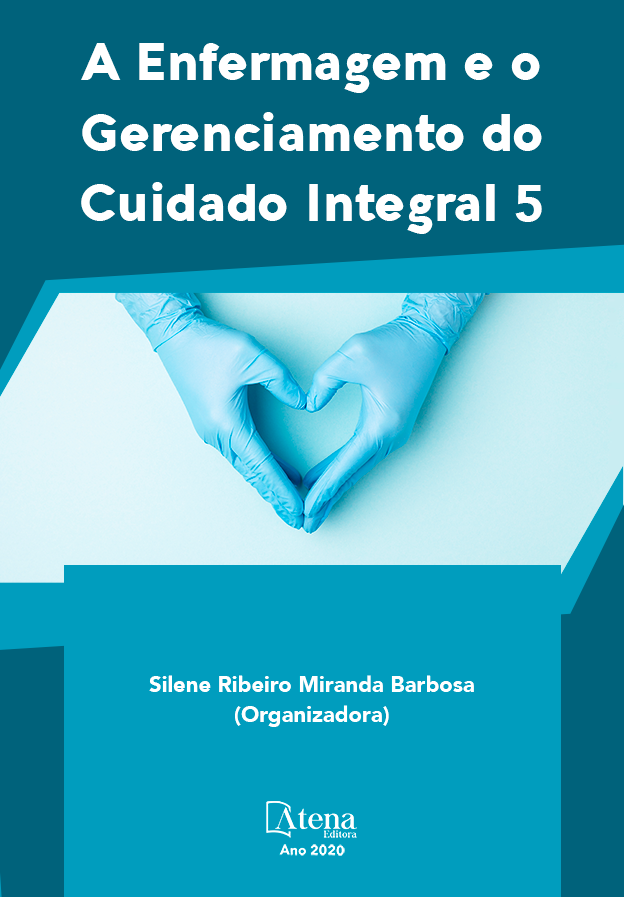
TECNOLOGIAS DE CUIDADO EM SAÚDE MENTAL NA ATENÇÃO PRIMÁRIA
A partir das mudanças propostas pela Reforma Psiquiátrica e pela Política Nacional de Saúde Mental, a Atenção Primária à Saúde (APS) passou a ser a porta de entrada para o atendimento aos usuários em SM (SM). Neste contexto, tem sido preconizada a utilização de tecnologias leves para o cuidado desta clientela. Compreende-se que ao utilizar tais tecnologias, os profissionais estarão prestando um cuidado integral e resolutivo. No entanto, infelizmente o que prevalece no cotidiano dos serviços, é um atendimento fragmentado, voltado ao modelo biomédico, tendo a medicalização como principal forma de tratamento. Sabe-se que os problemas de saúde mental já acometiam um grande número de pessoas em nossa sociedade. Porém, em virtude das atuais medidas de prevenção impostas para evitar a disseminação do Coronavírus, como o isolamento social, certamente se observará um aumento na quantidade de indivíduos com sintomas de SM. Isto denota a importância de se discutir estratégias voltadas ao cuidado integral de saúde, buscando promover o bem estar físico, espiritual, emocional, social, familiar, além de garantir que o usuário tenha um atendimento individualizado. Diante do exposto, pretende-se neste artigo discutir as estratégias de cuidado aos usuários em SM na APS, através de uma revisão bibliográfica. Evidencia-se que ocorreram diversas mudanças na forma de cuidar das pessoas em SM, no país, ao longo dos anos. Porém, ainda existem desafios a serem vencidos para que de fato, os princípios propostos pela Reforma Psiquiátrica e pelo Sistema Único de Saúde (SUS) se concretizem. Cita-se principalmente, a mudança do modelo biomédico, centrado na medicalização e na doença por outro, com enfoque na subjetividade do indivíduo, e que contemple todas as questões de seu contexto de vida. Entende-se que as tecnologias leves ao serem empregadas no cuidado em saúde mental vão ao encontro desta abordagem holística.
TECNOLOGIAS DE CUIDADO EM SAÚDE MENTAL NA ATENÇÃO PRIMÁRIA
-
DOI: 10.22533/at.ed.67620101223
-
Palavras-chave: Saúde mental; Cuidado; Tecnologia em Saúde; Atenção Primária à Saúde
-
Keywords: Mental health; Care; Health Technology; Primary Health Care.
-
Abstract:
From changes proposed by Psychiatric Reform and National Mental Health Policy, Primary Health Care (PHC) started to be the entrance door for users in Mental Suffering (MS). In this context, the use of light technologies has been recommended for the care of this clientele. It is understood that when using such technologies, professionals will be providing comprehensive and resolutive care. However, unfortunately what prevails in the daily routine of services is fragmented care, focused on the biomedical model, with medicalization as the main form of treatment. It is known that mental health problems have already affected a large number of people in our society. However, due to the current preventive measures imposed to prevent the spread of the Coronavirus, such as social isolation, there will certainly be an increase in the number of individuals with MS symptoms. This denotes the importance of discussing strategies aimed at comprehensive health care, seeking to promote physical, spiritual, emotional, social and family well-being, in addition to ensuring that the user has individualized care. Given the exposition, this article intends to discuss the care strategies for users in MS in PHC, through a bibliographic review It is evident that there have been several changes in the way of caring for people in MS, in the country, over the years. However, there are still challenges to be overcome so that, in fact, the principles proposed by the Psychiatric Reform and the Unified Health System (UHS) are realized. It is mainly mentioned the change in the biomedical model, centered on medicalization and disease by another, with a focus on the subjectivity of the individual, and which addresses all issues of his life context. It is understood that light technologies when used in mental health care are in line with this holistic approach.
-
Número de páginas: 14
- LEILA ZANATTA
- Jamine Bernieri
- Arnildo Korb


